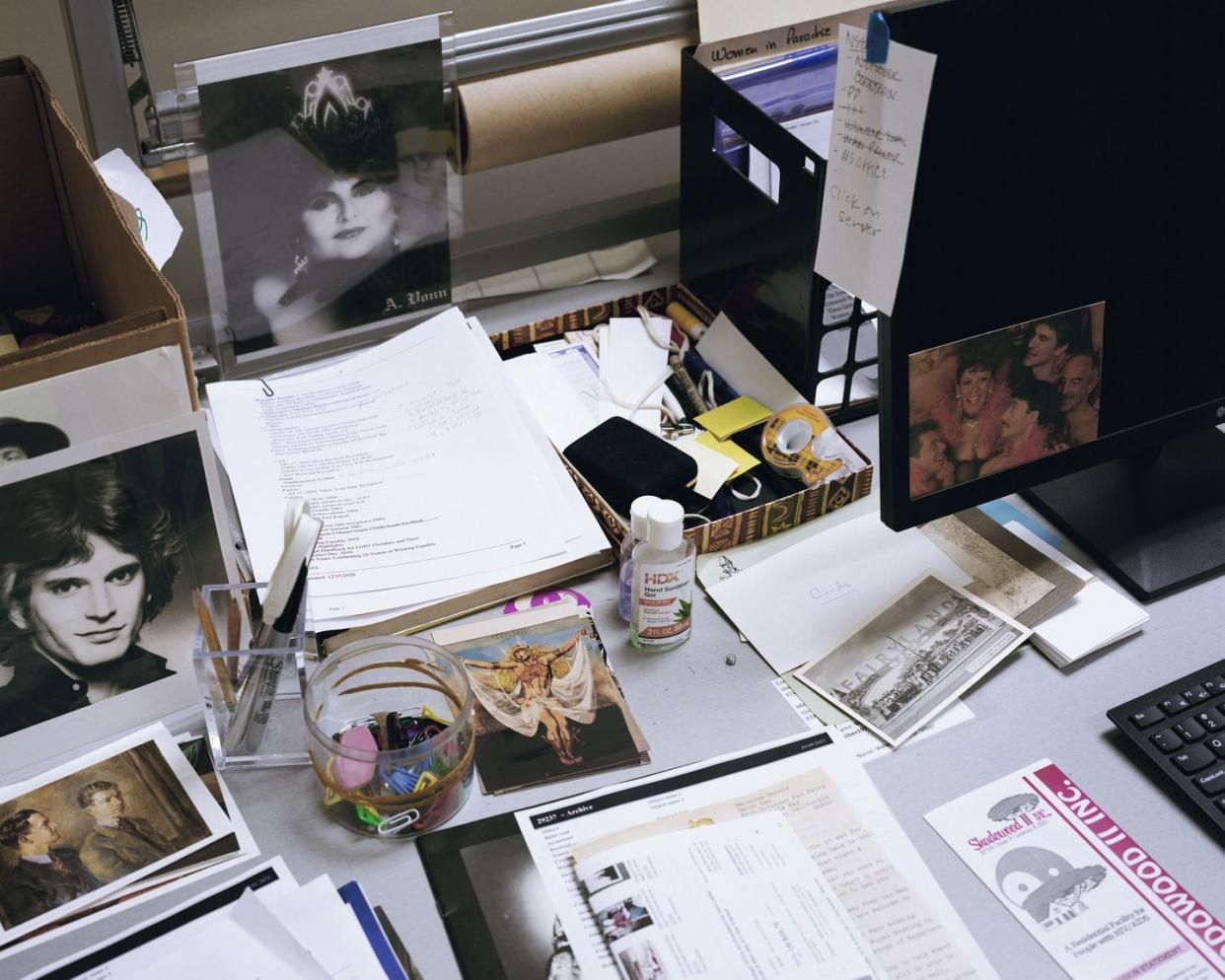
From Kevin Dickinson at Big Think: “Ancient Akkadian is an early Semitic language that was the mother tongue of the Akkadian Empire, which arose around 2300 B.C. through the conquests of its founder, Sargon the Great. Hundreds of thousands — by some accounts more than a million — Akkadian texts have been discovered and today lie in museums and universities. Many have even been digitized online. Each one has the potential to teach us about the life, politics, and beliefs of the first civilizations, yet this knowledge remains locked behind the time and manpower necessary to translate them. To help change that, a multidisciplinary team of archaeologists and computer scientists has developed an artificial intelligence that can translate Akkadian almost instantly and unlock the historic record preserved in these 5,000-year-old tablets.”
The most accomplished man in Europe in the 18th century was a Black man

From Bri Michele at Medium: “Chevalier, based on a true story, traces the life of Joseph Bologne, an 18th century French nobleman. Joseph was the son of a wealthy plantation owner in the French Caribbean and an enslaved Senegalese woman. After some time, Joseph’s father came back to France, and brought Joseph and his mother back with him. The movie follows Joseph’s life from the time he arrives in France. It shows the racial challenges he faced in the private music academy his father enrolled him in — and how he persevered and overcame every single one of them. He became the most accomplished violinist and composer in all of France, rivaling Mozart himself. His accomplishments were so impressive that Queen Marie Antoinette bestowed on him the title of the Chevalier de Saint-Georges, making him part of her court.”
Note: This is a version of my personal newsletter, which I send out via Ghost, the open-source publishing platform. You can see other issues and sign up here.
The unknown librarian who saved queer history

From Hugh Ryan for Harper’s Bazaar: “You probably don’t know the name Paul Fasana, but read enough LGBTQ history and he pops up in book after book over the last three decades—not in the text itself, but in the acknowledgments: Pink Triangle Legacies (2022);Language Before Stonewall (2019); Greetings From the Gayborhood (2008), Becoming Visible (1998). From 1995 until literally the week he died in April 2021, Fasana volunteered as chief archivist for the Stonewall National Museum, Archives & Library in Fort Lauderdale, Florida, one of the oldest and largest independent queer archives in the United States. A working-class gay man and first-gen college student, Fasana came out in the late 1950s, while getting a master’s of library science at UC-Berkeley.”
The real truth behind Van Halen’s request that there be no brown M&Ms

From Doug Mack at Snack Stack: “The history of music is full of outlandish tales with varying degrees of truth. Maybe you’ve heard this one. Back in the ’80s, the rock band Van Halen had a long list of demands in their contract rider. Just endless picky stuff about the stage setup and the lighting and all kinds of technical details, along with various food mandates. The wildest thing, by far, was a line item that read, “a bowl of M&Ms, with all the brown ones removed.” In the late 1990s, though, the story shifted as additional context emerged. David Lee Roth, the band’s lead singer in those early years, claimed that, actually, the bowl of curated candy had an entirely functional purpose: it was a quick way to see if the venue had actually read the whole contract, line by line. But is that true?”
Three reasons the American Revolution was a mistake
/cdn.vox-cdn.com/uploads/chorus_image/image/60256989/Emanuel_Leutze__28American_2C_Schw_C3_A4bisch_Gm_C3_BCnd_1816_E2_80_931868_Washington_2C_D.C._29_-_Washington_Crossing_the_Delaware_-_Google_Art_Project.0.0.0.0.jpg?w=525&ssl=1)
From Dylan Matthews at Vox: “Let’s not mince words: American independence in 1776 was a monumental mistake. We should be mourning the fact that we left the United Kingdom, not cheering it. We obviously can’t be entirely sure how America would have fared if it had stayed in the British Empire longer, perhaps gaining independence a century or so later, along with Canada. But I’m reasonably confident a world in which the revolution never happened would be better than the one we live in now, for three main reasons: Slavery would’ve been abolished earlier, American Indians would’ve faced rampant persecution but not the outright ethnic cleansing Andrew Jackson and other American leaders perpetrated, and America would have a parliamentary system of government that makes policymaking easier and lessens the risk of democratic collapse.”
How a tiny Caribbean island singlehandedly sustained the American Revolution

Editor’s note: I think of this item and the one before it as a shot/chaser type of situation 🙂
From Grant Piper at Medium: “In the 18th century, gunpowder was hard to make and hard to source. The United States did not have local gunpowder manufacturers until well after the outbreak of the Revolutionary War. Gunpowder was highly controlled. The Americans had to import it from the British, and its whereabouts were clearly tracked, and the British made every effort to remove gunpowder from rebellious areas. Even small towns and local farms were deprived of gunpowder, more likely to be used for hunting than rebellion. The British hoped that by starving the Americans of gunpowder, their rebellion would literally fizzle. Unfortunately for Britain and other empires of the day, there was one place where any savvy merchant could buy gunpowder: Sint Eustatius.”
There are no borders in the EU, but you still know where the Netherlands begins
From Harman Idema, consul-general to Canada on Twitter


11 Replies to “New AI translates 5,000-year-old cuneiform tablets instantly”